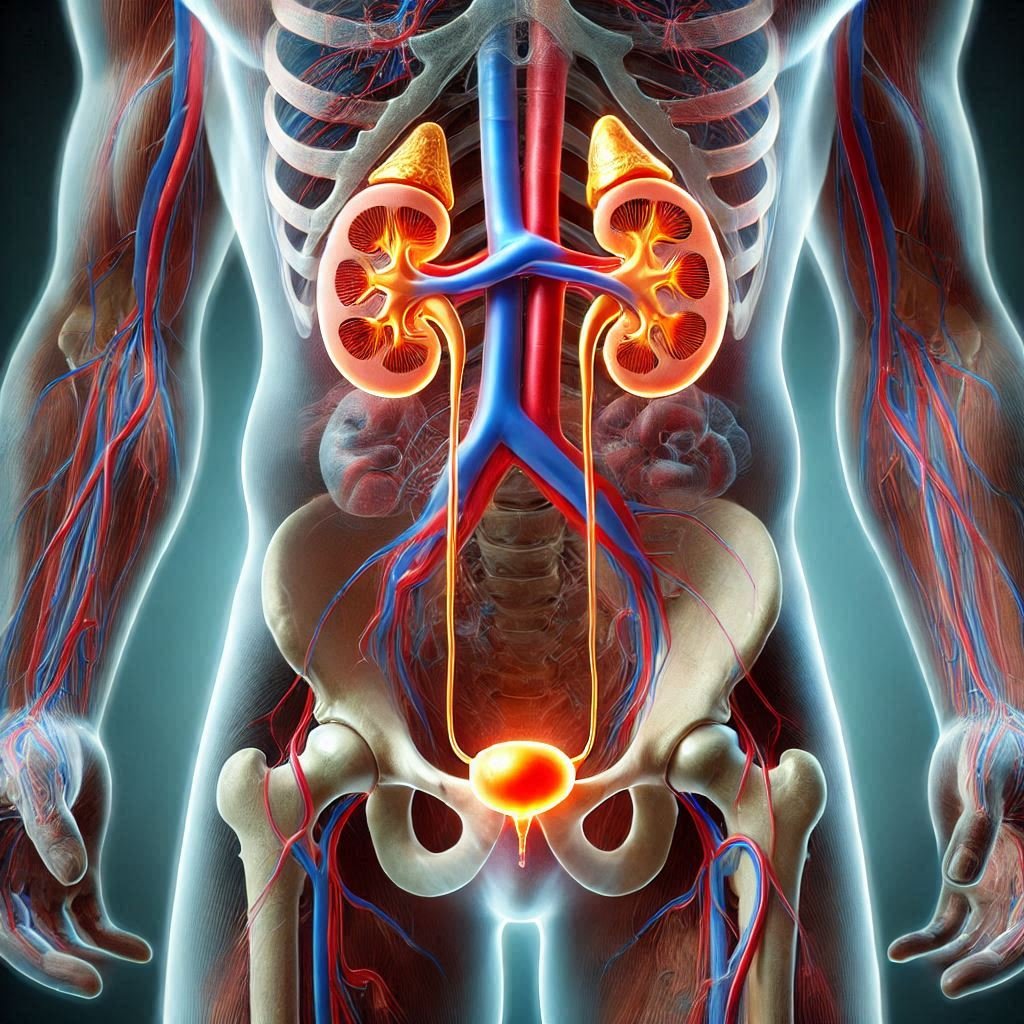As we age, our bodies undergo numerous changes that affect various systems, including the urologic system. This vital system, which includes the kidneys, bladder, and urinary tract, is responsible for maintaining fluid balance, eliminating waste, and regulating blood pressure. With aging, these functions can be compromised, leading to potential health risks. Understanding aging and its impact on urologic health is essential to take preventive measures and maintain overall well-being.
Understanding Your Urology
Spotting Symptoms: Your Urologic Health Matters
As we age, recognizing the early signs of urologic issues becomes vital. Symptoms such as frequent urination and discomfort during urination should not be ignored. By educating yourself on these indicators, you can take proactive measures toward your health. Noticing changes in your body is essential for seeking the necessary care and preventing major health concerns down the road.
- Stay aware of changes in your urinary habits.
- Understand the impact these symptoms could have.
- Consult a doctor for proper evaluation when needed.
Key Changes in Urologic Health Due to Aging
1. Renal Changes
The kidneys play a pivotal role in filtering waste and maintaining homeostasis. Aging impacts kidney function in several ways:
- Loss of Cortical Renal Mass: A reduction in renal mass can lower the glomerular filtration rate (GFR), which is essential for filtering blood.
- Sclerosis of Glomeruli: Structural changes in the filtering units of the kidneys reduce their efficiency.
- Increased Membrane Permeability: Aging can lead to albuminuria or proteinuria, even in the absence of chronic conditions like diabetes or hypertension.
- Decreased Renal Blood Flow: A reduced ability to vasodilate the renal artery affects blood flow and filtration efficiency.
2. Bladder and Urinary Tract Changes
The bladder and urinary tract are not immune to the effects of aging:
- Loss of Muscular Tone: Weakening of the bladder muscles can lead to retention or incontinence.
- Reduced Bladder Capacity: Aging can reduce bladder storage capacity, causing frequent urination or urgency.
- Structural Changes: These may lead to urinary retention or difficulty in fully emptying the bladder.
3. Prostate-Related Changes in Men
For men, prostate health becomes a significant concern as they age. An enlarged prostate, or benign prostatic hyperplasia (BPH), can obstruct urine flow, causing urinary retention or incomplete bladder emptying.
Common Urologic Health Issues in Aging Adults
Understanding aging and its impact on urologic health can help identify and address common issues early. Some prevalent conditions include:
Urinary Incontinence
Urinary incontinence is a frequent problem in older adults, often caused by weakened bladder muscles or overactive bladder. It can significantly affect quality of life if left untreated.
Chronic Kidney Disease (CKD)
Aging increases the risk of CKD due to reduced kidney function and comorbidities like hypertension and diabetes.
Recurrent Urinary Tract Infections (UTIs)
Weakened immune systems and structural changes in the urinary tract make older adults more susceptible to UTIs.
Nocturia
Frequent nighttime urination, or nocturia, disrupts sleep and may indicate underlying bladder or kidney issues.
How to Maintain Urologic Health as You Age
While aging is inevitable, taking proactive steps can help preserve your urologic health. Here are some tips:
1. Stay Hydrated
Proper hydration ensures optimal kidney function and prevents urinary tract infections. Aim to drink 6–8 glasses of water daily unless restricted by a healthcare provider.
2. Exercise Regularly
Physical activity helps maintain bladder control and prevents obesity, which is a risk factor for urologic issues.
3. Adopt a Kidney-Friendly Diet
Limit sodium and processed foods while focusing on a balanced diet rich in fruits, vegetables, and lean proteins. Foods like cranberries, which promote urinary tract health, can also be beneficial.
4. Manage Chronic Conditions
Keep diabetes, hypertension, and heart disease under control, as these conditions can significantly impact kidney health.
5. Avoid Smoking and Alcohol
Smoking and excessive alcohol consumption can worsen kidney function and bladder health.
When to Consult a Urologist
Early detection and treatment of urologic issues are crucial. Consult a healthcare professional if you experience:
- Persistent urinary incontinence or retention
- Blood in the urine
- Frequent UTIs
- Unexplained pain in the lower back or abdomen
FAQs About Aging and Urologic Health
A: Aging reduces the kidneys' ability to filter blood due to loss of cortical renal mass, decreased GFR, and reduced blood flow.
A: While common, urinary incontinence is not inevitable. It can often be managed with lifestyle changes, medications, or treatments.
A: Aging increases the risk of CKD, especially in individuals with comorbid conditions like hypertension and diabetes.
A: Adults over 50 should consider annual kidney function tests, particularly if they have risk factors like diabetes or high blood pressure.



